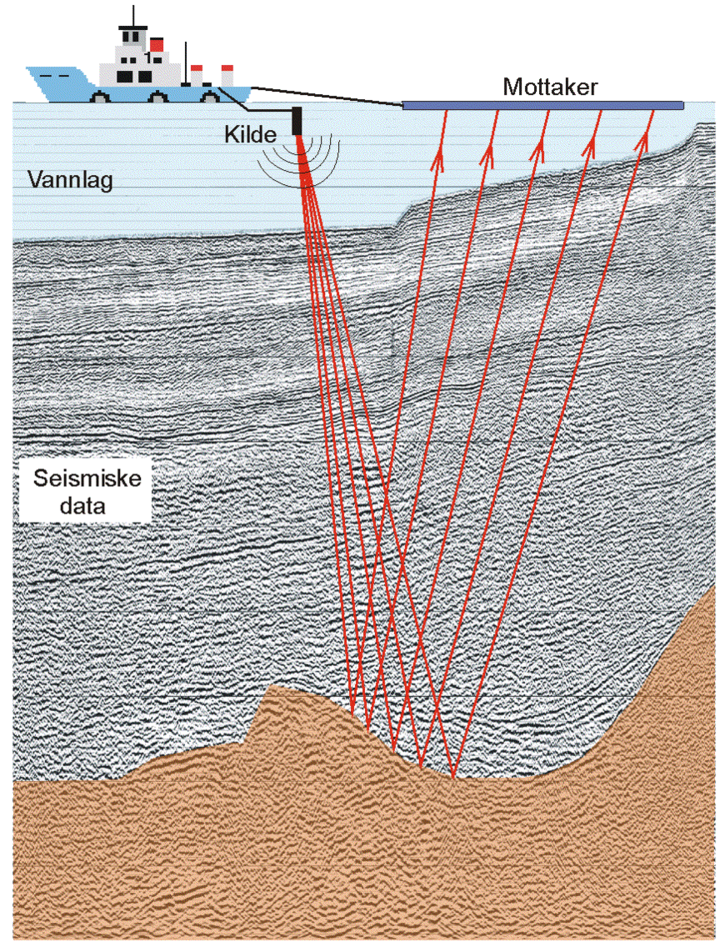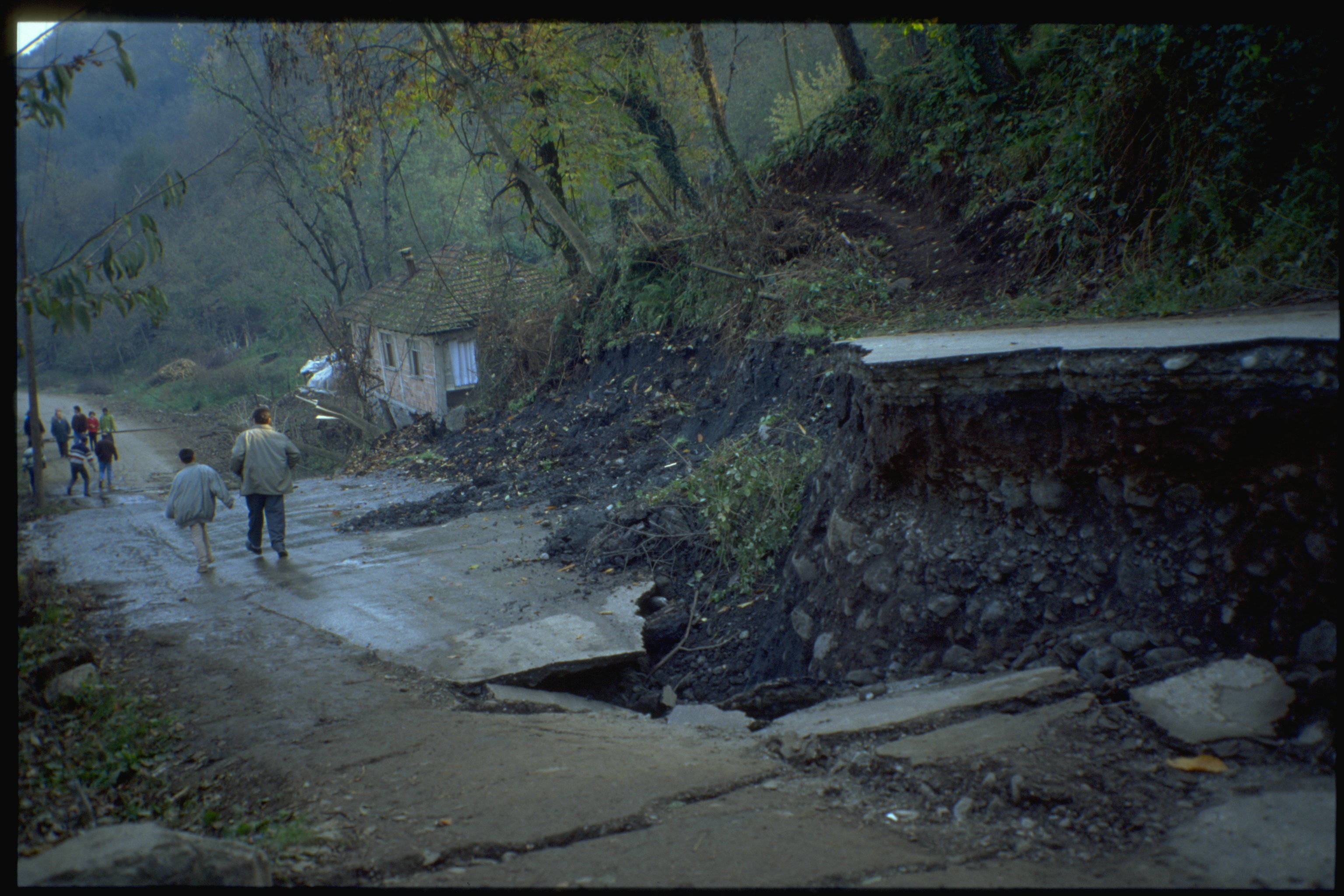All Categories
Featured
Table of Contents
Geophysical Survey Flashcards in Southern River Oz 2020
This work is progressively contracted out, so consultancies offer another source of employment. Consultancy firms differ in size, from very little companies to large multinationals. Some consultancies are rather specialised in using specific geophysical strategies or operating in particular areas, while others offer a more varied variety of services to their customers.
The extraction of gas from landfill sites is another area of work and this might grow in the future. Exploration business might carry out work for building and construction companies, public utility, mining companies and ecological agencies, so geophysicists may be employed in any of these settings. Other companies include: geological surveysgovernment bodies and agenciesuniversities and research institutes.


Vacancies might be listed in the oil and gas sector press. Recruitment is affected by oil cost variations and the level of competition for positions varies depending upon this. Professions Days, which cover the full series of geoscience careers and are generally gone to by a variety of crucial industry companies, are run by The Geological Society.
Careers in Hillarys Australia 2022
Some of the large oil and gas companies offer a complete two-year structured training programme throughout the breadth of geophysics, including the opportunity to experience work in various groups prior to specialising in one location. Your training might include work on: existing wellsmagnetic and gravitational prospective field data analysisresearchrock analysis. It's more normal for your initial training to be offered on the job.

There might be a probationary duration during which you work along with an experienced coworker. Competency-based appraisals take location frequently in a lot of firms. In smaller sized companies, and for scholastic posts, there is unlikely to be any formal training - you'll be anticipated to start work straightaway and choose up abilities as you go along.
If you work for a smaller sized company, you may discover that you require to take duty for setting up and funding your own development and training. If you have a geology degree, membership of The Geological Society can be helpful for networking and for keeping up to date with the industry.
Introducing Geophysical Surveying in Edgewater Western Australia 2023
You might likewise find it useful to sign up with the PESGB (The Petroleum Exploration Society of Great Britain, which has a geophysics special interest group. After a probationary duration, and when you've gained some experience, you could progress to senior geophysicist, then group leader and after that into a senior function in management.
The ease of movement between roles depends upon the company structure. Study at Masters or Ph, D level in a subject associated to geophysics or geosciences might aid with your career advancement and progression. The work market within the oil and gas industry is very depending on price and this may impact your chances for career development.
Not all jobs are reliant on the oil and gas markets. For skilled geophysicists, freelance consultancy provides an excellent route for profession advancement. You can also specialise in a particular area of geophysics. As a geophysicist, you're likely to have a number of jobs throughout your working life. Global mobility is vital for handling peaks and troughs in various countries at different times.
Geophysical Surveys For Petroleum in Beckenham WA 2020
From geophysics, it's possible to focus on seismology (finishing additional training to become a seismic interpreter) or to move into related areas such as engineering geology or hazard forecast.
Choosing what to study in college is a difficult choice. Even if you understand that your field of interest lies in science, what program of research study is right for you?
The first action to accomplishing your objective of becoming a geophysicist is making a degree. Even for entry-level positions in the field of geoscience, you'll need a bachelor's degree (a geophysicist college degree) from an accredited college or university. Some research positions need prospects to hold master's degrees and even Ph.
Geophysical Survey And Investigations in Singleton Western Australia 2022
Postgraduate degree are particularly crucial if you prepare to teach at a four-year organization. Geophysicists apply physics principles and strategies to study the gravitational, magnetic, and electrical fields of the earth. This furthers scientists' knowledge of both the planet's interior core and its surface area. Geophysicists need to be able to: examine rocks, photographs, and other pieces of data perform research study both in the field and in laboratories produce maps and charts of their findings compose reports To accomplish all this, students need a specialized education for geophysicist professions.
As stated above, you'll need a bachelor's degree in geoscience or a related discipline, such as a physical science or a life sciences, to land an entry-level job. However students can likewise prepare by majoring in topics like: Biology Chemistry Computer system science Engineering Mathematics Physics The above geophysicist majors provide a more generalized method to a single clinical discipline, but most programs require trainees to take one or more geology course.
Latest Posts
Bachelor's Degree In Geophysics - Degrees & Programs in Woodbridge Oz 2023
Geophysical Methods in Leederville Aus 2022
Job Profiles : Geophysicist Physics in Northbridge WA 2020